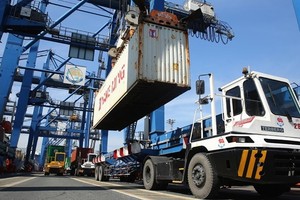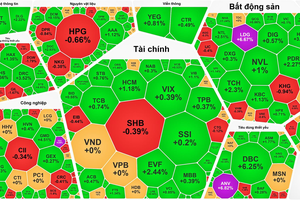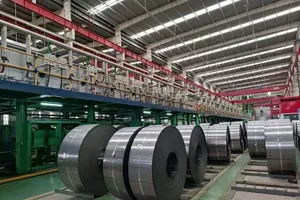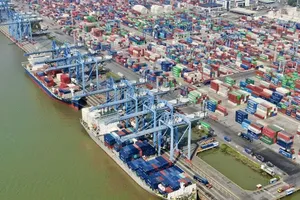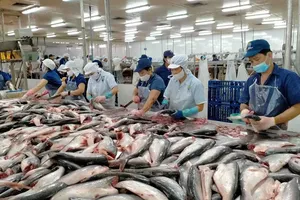The unexpected decision by the central bank to devalue the dong by two percent has importers stewing.
On August 18, the day after the State Bank announced a new interbank loan rate, effectively devaluing the dong by two percent, commercial banks were offering to sell dollars for VND19,310-19,390 , just two percent more than the interbank rate. The next day, however, all the banks raised their dollar selling price to nearly VND19,500 per US dollar, just short of the ‘interbank rate plus three percent’ ceiling level.
The dollar prices quoted by commercial banks are now closer to the black market’s prices, and that’s no surprise. The surprise, says a VnExpress source, is that banks were told to keep the exchange rate at around VND19,310 per dollar in the first day after the exchange rate adjustment. However, that didn’t persuade the enterprises and institutions which are holding dollars to sell them to banks. It was because they believe the dollar prices will increase further.
The dollar fluctuated on the black market yesterday, ranging as high as 19,550 before settling at 19,500 on relatively weak demand.
Importers can’t pass on exchange losses
Intimex is a state-owned import-export company. It imports a wide range of goods and materials for use in manufacturing. A source there said that consignments on order were calculated at the old dollar prices, but the company cannot pass on the increase to its clients.
Nguyen Xuan Dang, General Director of Otal Recycling, a private company, told VnMedia that the dollar’s rise will surely affect businesses’ profit. The problem is that enterprises cannot raise their sales prices to cover losses. Previously, Dang’s company imported scrap steel at VND19,100 per dollar; now it must pay VND19,350 per dollar, and lose VND250 million for every ton of imports.
Since demand is low in the domestic steel market, companies dare not raise prices, or clients will run away. “A lot of enterprises are now on the knife-edge, because they have heard that the dollar price will not decrease,” Dang said.
It seems that Dang’s company and many others were caught by surprise when the central bank tweaked the exchange rate. Even commercial banks were surprised by the decision.
Analysts doubt that the decision on exchange rate adjustment alone will help much to curb the trade deficit. In order to reduce the trade gap, they say, it is also necessary to curb imports of luxury items and boost exports.
Statistics showed that in July 2010, exports (measured by value) of many items dropped sharply, including precious stones, precious metals (- 97 percent), crude oil (- 43 percent) and coal (-20.5 percent). Meanwhile, imports of many products increased sharply, including cars (+7.7 percent by value), fertilizer (+ 88.8 percent)and cotton (+ 5.5 percent)


